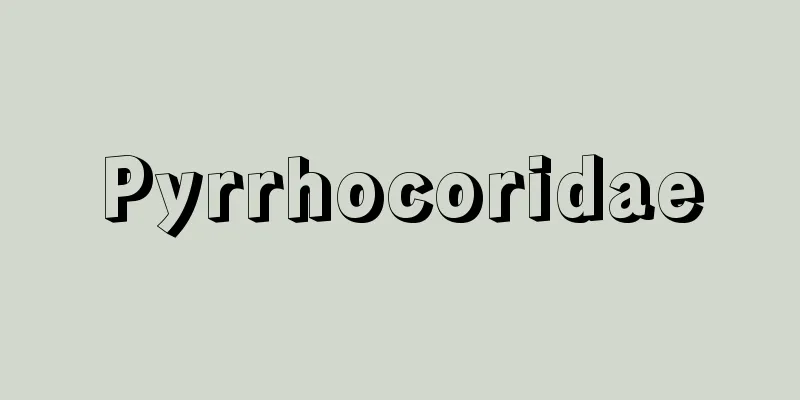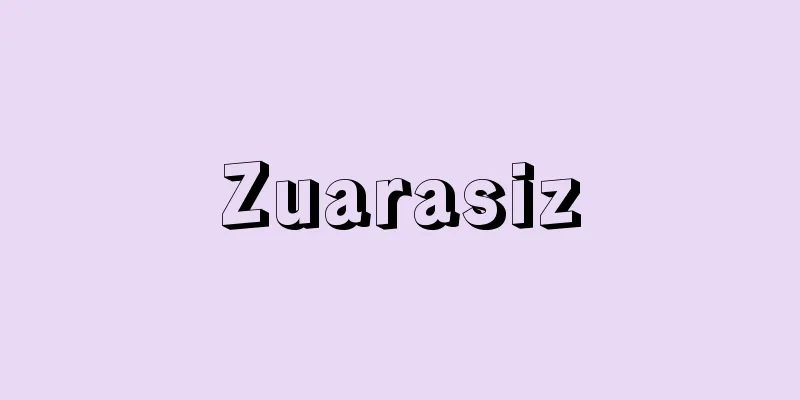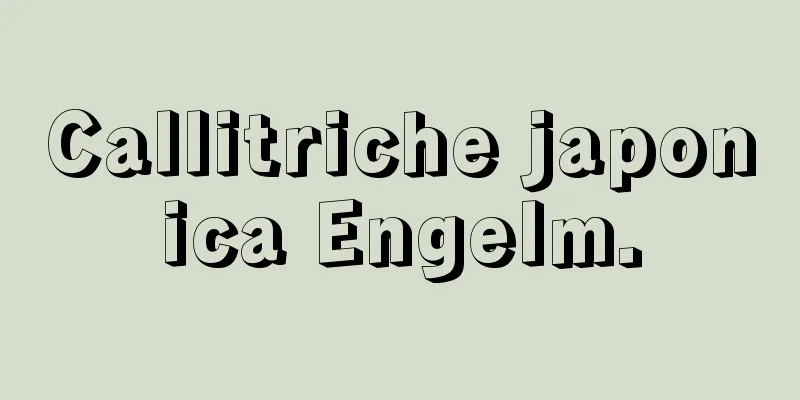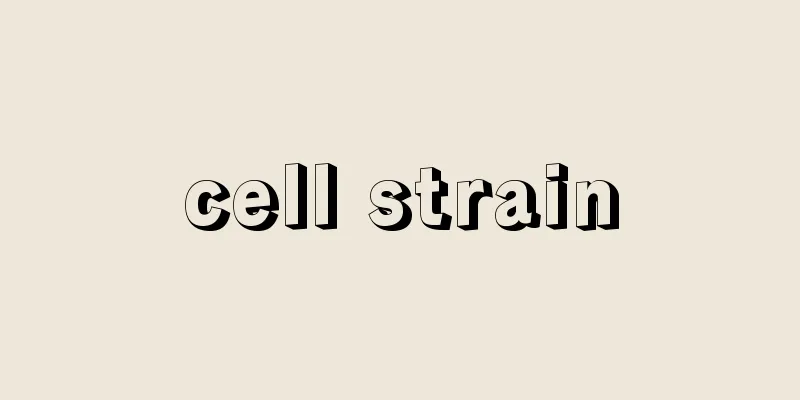Hitoshi Ashida

|
Politician, diplomat, doctor of law. Born in Kyoto Prefecture. After graduating from the Department of French Law at Tokyo Imperial University in 1912 (Taisho 1), he joined the Ministry of Foreign Affairs and was stationed in Russia, France, Turkey, and Belgium. He witnessed the Russian Revolution up close and also participated in the Paris Peace Conference. Dissatisfied with the government's policies during the Manchurian Incident, he retired from the ministry in 1932 (Showa 7). In the same year, he was elected to the House of Representatives as a member of the Rikken Seiyukai Party. He was president of the Japan Times from 1933 to 1940. Criticizing the military, he was elected without a recommendation in the 1942 Imperial Rule Assistance Election. After World War II, he emerged as a pro-Western liberal, and in October 1945, he was appointed Minister of Health and Welfare in the Shidehara Kijuro cabinet, and in November, together with Hatoyama Ichiro and others, he participated in the founding of the Japan Liberal Party. In June 1946 (Showa 21), he participated in the formulation of the Japanese Constitution as chairman of the House of Representatives Constitutional Revision Committee. In March 1947, he switched to the Japan Progressive Party, and in the same month, he formed the Democratic Party with Inukai Takeru and others, becoming its president. In June of the same year, he joined the Katayama Tetsu Cabinet, a three-party coalition led by the Socialist Party, as Deputy Prime Minister and Foreign Minister. In March of the following year, 1948, after the Katayama Cabinet resigned, he formed a "moderate cabinet" of three-party coalitions of the Democratic Party, Socialist Party, and National Council of Japan, as Prime Minister and Foreign Minister. In response to the growing labor disputes, he took a tough stance, promulgating the Public Security Ordinance and Cabinet Order No. 201. In October of the same year, he was forced to resign and arrested in the Showa Denko Scandal, which was a result of a loan from the Reconstruction Finance Bank, which also involved a dispute within GHQ (Supreme Commander for the Allied Powers). He was found not guilty in February 1958, but never returned to being a leader in conservative politics. He also wrote many books on international law and diplomatic history. [Akira Miyazaki] "Ashida Hitoshi, 'Diplomatic History of the Second World War' (1959, Jiji Press)" ▽ "Ashida Hitoshi, 'Russia Before and After the Revolution' reprint (1959, Jiyū Asia-sha)" ▽ "Ashida Hitoshi, 'The Ashida Hitoshi Diary' compiled by Shindo Eiichi and Shimokawabe Motoharu (1986-1992, Iwanami Shoten)" ▽ "Miyano Sumi, 'Ashida Hitoshi, the Last Liberalist' (1987, Bungeishunju)" [References] | | |Source: Shogakukan Encyclopedia Nipponica About Encyclopedia Nipponica Information | Legend |
|
政治家、外交官、法学博士。京都府出身。1912年(大正1)東京帝国大学仏法科卒業後外務省に入り、ロシア、フランス、トルコ、ベルギーに駐在。ロシア革命を身近に見、パリ講和会議も経験する。満州事変における政府の政策を不満とし、1932年(昭和7)退官。同年立憲政友会から衆議院議員に当選。1933~1940年までジャパンタイムズ社長。軍部には批判的で、1942年の翼賛選挙には非推薦で当選。第二次世界大戦後は親欧米リベラル派として浮上、1945年10月幣原喜重郎(しではらきじゅうろう)内閣の厚相に就任、11月には鳩山(はとやま)一郎らと日本自由党創立に参加した。1946年(昭和21)6月衆議院憲法改正委員会委員長として日本国憲法制定に参与。1947年3月日本進歩党に転じ、同月犬養健(いぬかいたける)らと民主党を結成し、その総裁となった。同年6月社会党首班三党連立の片山哲内閣に副総理兼外相として入閣。翌1948年3月片山内閣総辞職後、首相兼外相として民主・社会・国協三党連立の「中道内閣」を組織した。高まる労働争議に対し、公安条例、政令二〇一号などを公布し、厳しい態度で臨んだ。GHQ(連合国最高司令部)内の抗争も絡んだ復興金融金庫融資による昭電疑獄事件で同年10月総辞職を余儀なくされ、自身も逮捕された。1958年2月無罪とはなるが、保守政界のリーダーに復帰することはなかった。国際法、外交史の面での著作も多い。 [宮﨑 章] 『芦田均著『第二次世界大戦外交史』(1959・時事通信社)』▽『芦田均著『革命前後のロシア』再版(1959・自由アジア社)』▽『芦田均著、進藤栄一・下河辺元春編纂『芦田均日記』(1986~1992・岩波書店)』▽『宮野澄著『最後のリベラリスト・芦田均』(1987・文芸春秋)』 [参照項目] | | |出典 小学館 日本大百科全書(ニッポニカ)日本大百科全書(ニッポニカ)について 情報 | 凡例 |
Recommend
nasta'liq (English spelling)
...According to the classical tradition of Islami...
External inhibition
...In contrast, in pathological or emotionally ex...
Winslow, C.
…The definition of public health by American Wins...
Ashur Bani App - Ashur Bani App
…Reigned 668-627 BC. His correct name was Aššur-b...
Kada - Kada
…In the Mamluk dynasty, four qaḍāts representing ...
tomb-stone
...This format is also used in exhibition matches...
Domaine
…The shogunate was differentiated by its producti...
Silver difference - Ginsa
...This law created a list of equal laborers in w...
Cyclobutadiene
It is the simplest cyclic hydrocarbon compound wit...
Educational planning - educational planning
Usually, it refers to a plan that the state formu...
Report
…The ruled are still the “comrades” of the ruler,...
Chlorous acid - aensosan (English spelling) chlorous acid
Chemical formula: HClO 2 . It is an unstable acid ...
Amakusa Islands
An archipelago located in the southwest of Kumamo...
Acetylsalicylic acid
C9H8O4 ( mw180.16) . Also known as aspirin. A drug...
State and Revolution - State and Revolution
Written by Lenin. A classic work on Marxist theor...









